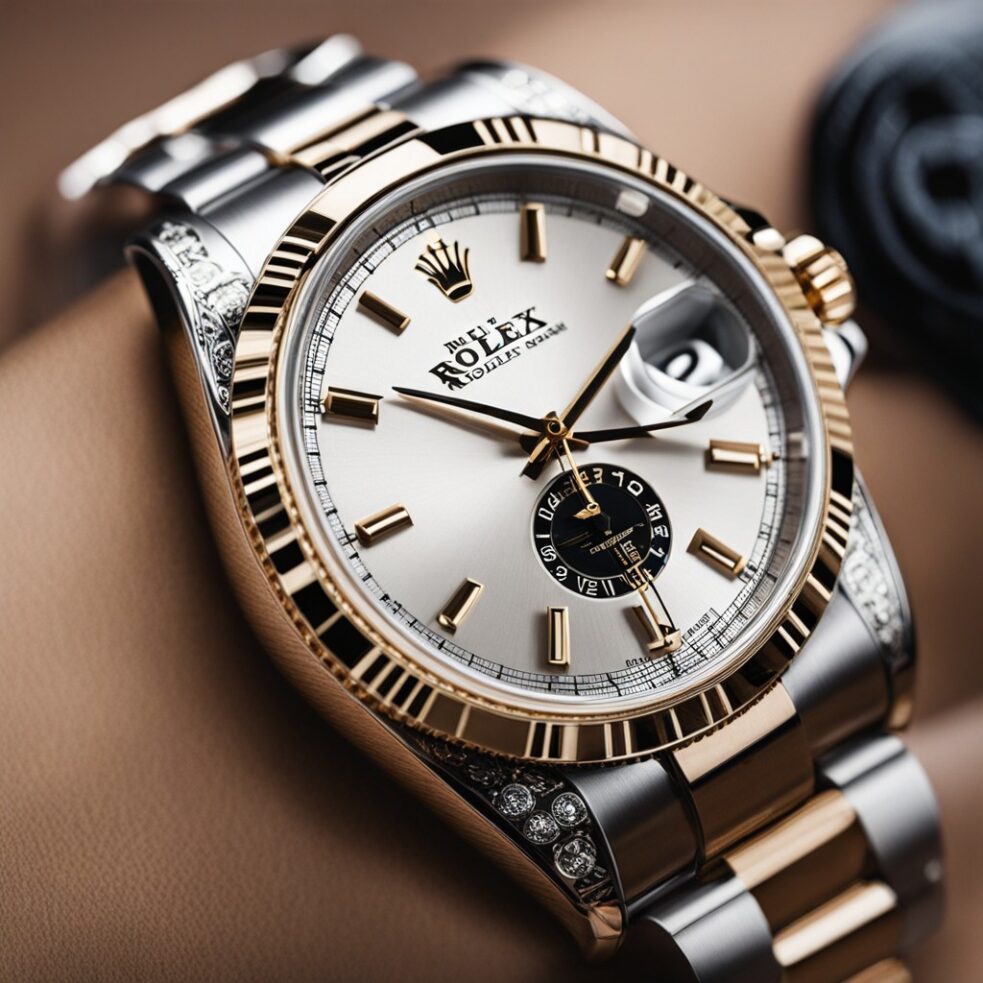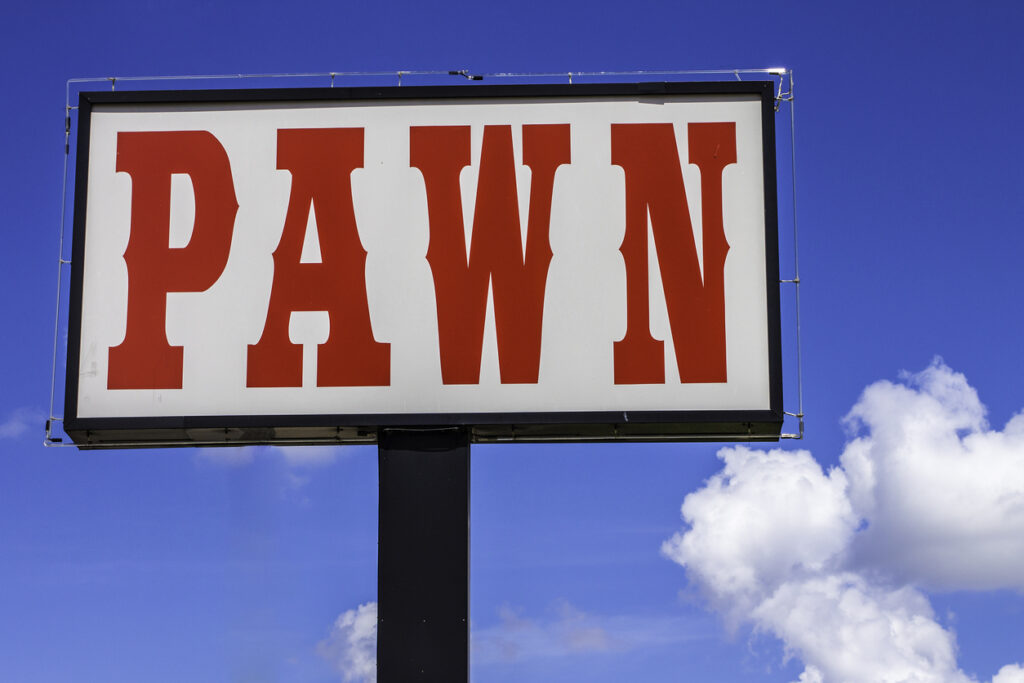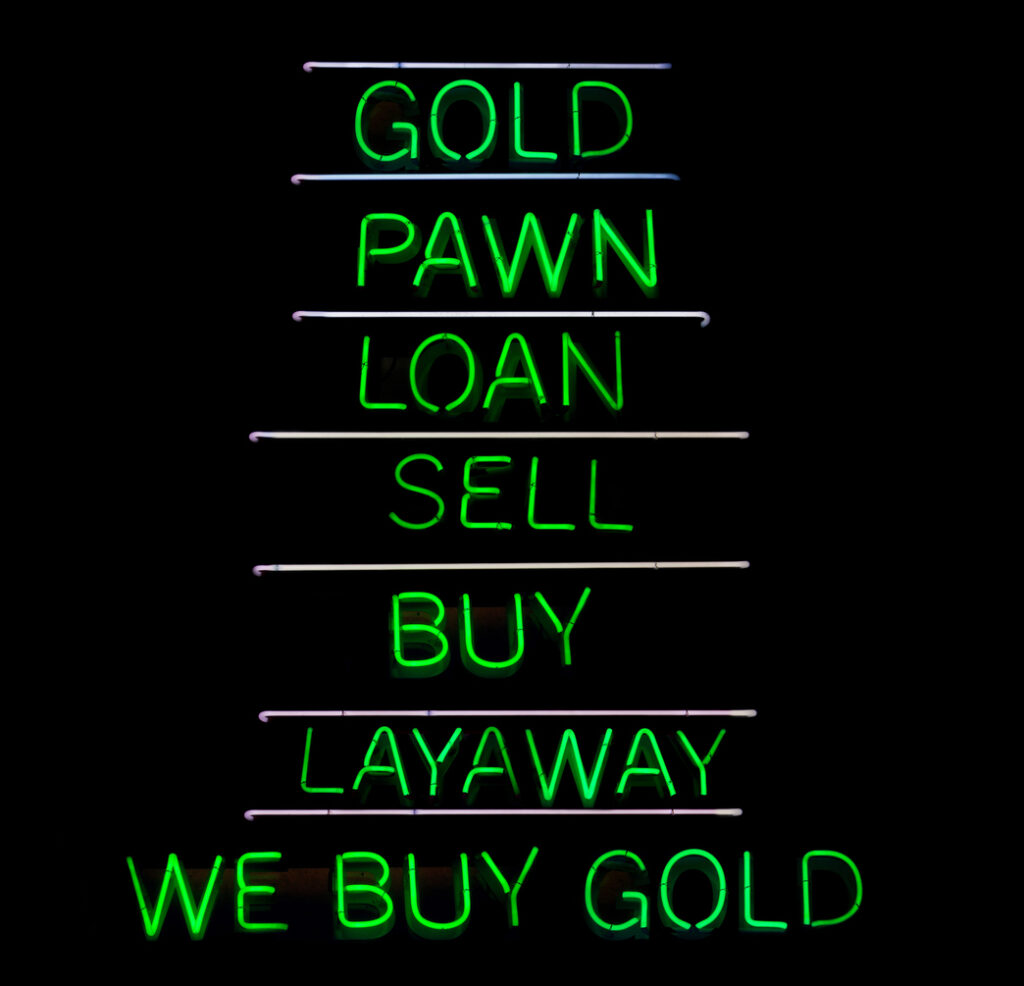Pawn Central in Galesburg, IL is a reputable pawn shop that specializes in offering pawn shop loans to meet the financial needs of its customers. These loans are a popular alternative to traditional bank loans due to their ease of access and unique benefits. In this article, we will explore the reasons why Pawn Central stands out among other pawn shops, and why they have become the go-to choice for individuals seeking pawn shop loans in Galesburg.
Understanding Pawn Shop Loans: How They Work
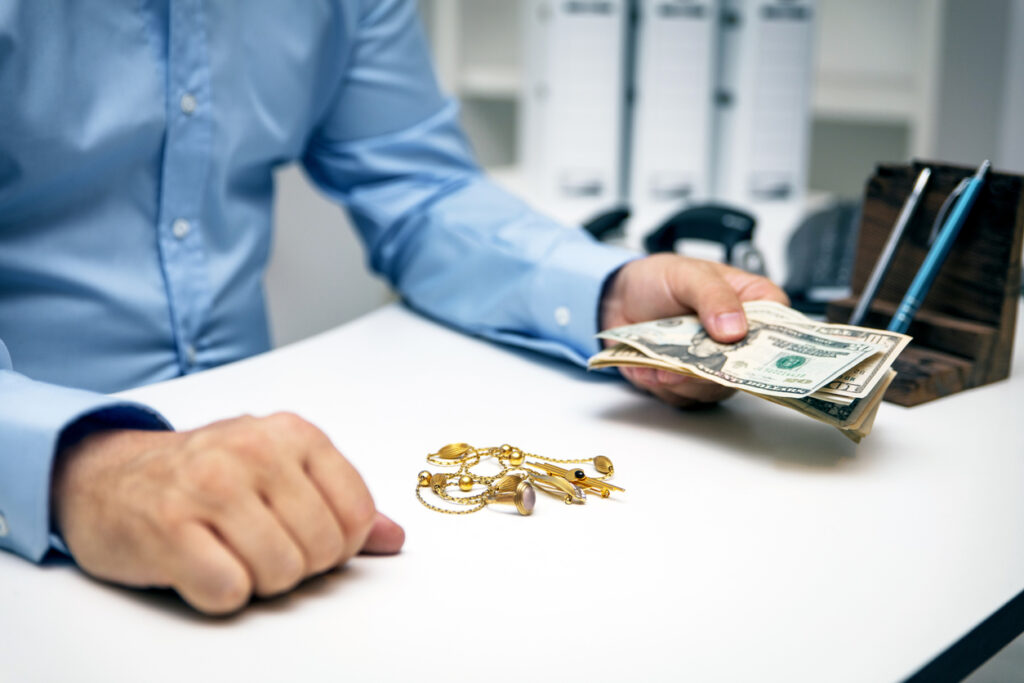
Pawn shop loans, also known as collateral loans, are a type of secured loan that allows individuals to borrow money by using their personal possessions as collateral. At Pawn Central, customers can bring in items of value, such as jewelry, electronics, or valuable collectibles, and receive a loan based on the assessed value of the item. The pawnbroker will determine the loan amount based on factors like the item’s condition, market demand, and resale value.
Once the loan amount is agreed upon, Pawn Central will securely store the item and lend the customer the agreed-upon sum of money. The loan period is typically around 30 days. During this time, the customer can repay the loan and reclaim their item or extend the loan by paying the accrued interest. If the customer is unable to repay the loan, Pawn Central will retain the item and sell it to recoup their investment.
It’s important for customers to understand that pawn shop loans differ from traditional bank loans in several key ways. One significant difference is that pawn shop loans do not require a credit check or income verification, making them accessible to individuals who may not qualify for a bank loan due to poor credit history or lack of steady income. Additionally, pawn shop loans are typically processed quickly, providing customers with immediate access to cash in exchange for their collateral.
Another aspect to consider is that pawn shop loans can be a discreet way to obtain short-term financing. Unlike traditional bank loans, pawn shop transactions are confidential, and the customer’s credit score is not impacted if they are unable to repay the loan. This level of privacy can be appealing to individuals who prefer to keep their financial matters private.
The Benefits of Choosing Pawn Central for Your Loan Needs

Pawn Central is widely regarded as the premier pawn shop in Galesburg, IL, and for good reason. They offer several distinct advantages that make them the preferred choice for individuals seeking pawn shop loans:
- Fair and Transparent Loan Process: Pawn Central prides itself on offering fair and transparent loan terms. The loan amount is determined based on the item’s market value, ensuring that customers receive a fair loan amount without any hidden fees or excessive interest rates.
- Quick and Convenient: Pawn Central understands that financial emergencies can arise at any time. They provide a fast and hassle-free loan application process, allowing customers to get the money they need quickly. The absence of credit checks also simplifies the process, making it accessible to individuals with less-than-perfect credit scores.
- Secure Storage and Protection: Pawn Central has state-of-the-art storage facilities that ensure the safety and security of customers’ pawned items. With round-the-clock monitoring and adherence to strict security protocols, customers can have peace of mind knowing that their belongings are in safe hands.
- Flexible Repayment Options: Pawn Central offers flexible repayment options to accommodate customers’ financial situations. Whether it’s early repayment, loan extensions, or partial payments, they work closely with borrowers to find a solution that fits their needs.
- High Customer Satisfaction: Positive feedback and testimonials from satisfied customers speak volumes about Pawn Central’s commitment to providing excellent service. Their friendly and knowledgeable staff go above and beyond to ensure a positive experience for every customer.
But the benefits of choosing Pawn Central don’t stop there. Let’s dive deeper into what sets them apart from other pawn shops in the area.
One of the key factors that make Pawn Central stand out is their extensive knowledge and expertise in evaluating a wide range of items. Whether you’re looking to pawn jewelry, electronics, musical instruments, or even firearms, their team of experienced appraisers can accurately assess the value of your items. This ensures that you receive the highest possible loan amount, giving you the financial flexibility you need.
Furthermore, Pawn Central prides itself on their commitment to customer education. They understand that not everyone may be familiar with the pawn shop process, and they strive to make it as transparent and understandable as possible. Their friendly staff is always ready to answer any questions you may have, guiding you through the entire loan process and ensuring that you have a clear understanding of the terms and conditions.
Another advantage of choosing Pawn Central is their wide range of additional services. In addition to pawn shop loans, they also offer services such as jewelry repair, watch battery replacement, and firearm transfers. This means that even after you’ve received your loan, you can still rely on Pawn Central for all your other needs. This saves you time and effort by having everything in one convenient location.
Lastly, Pawn Central is deeply committed to giving back to the community. They actively support local charities and organizations, recognizing the importance of contributing to the well-being of Galesburg and its residents. By choosing Pawn Central, you’re not only getting a reliable and trustworthy pawn shop, but also supporting a business that cares about the community it serves.
Customer Testimonials: Real Experiences at Pawn Central
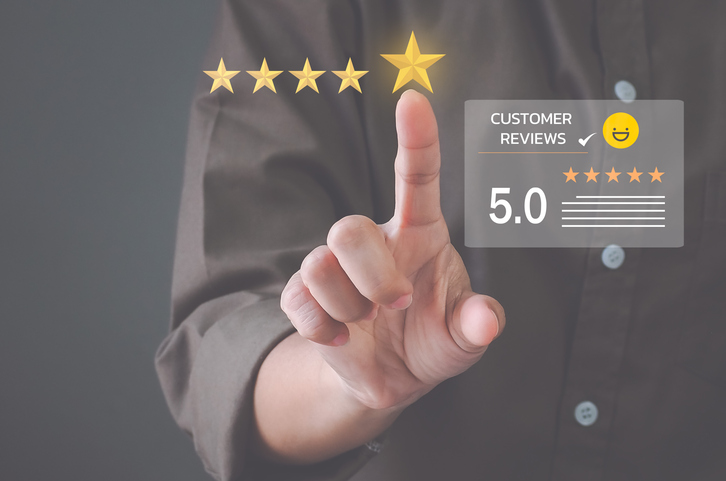
Don’t just take our word for it – hear from our satisfied customers:
“Pawn Central helped me out when I needed cash for unexpected medical expenses. The loan process was quick, and I was treated with respect and understanding. I highly recommend them to anyone in need of a pawn shop loan!” – Sarah
“I’ve been doing business with Pawn Central for years, and they have never disappointed me. Their staff is always friendly and helpful, and their loan terms are fair. I wouldn’t go anywhere else for a pawn shop loan!” – John
“I was a bit hesitant at first, but Pawn Central made the whole process easy and stress-free. They valued my item accurately, and I was able to get the money I needed without any hassle. Thank you, Pawn Central!” – Lisa
At Pawn Central, we pride ourselves on providing a seamless and trustworthy experience for all our customers. Our team understands that financial emergencies can arise unexpectedly, and we strive to offer a reliable solution to help you through tough times. Whether you need a short-term loan or are looking to buy or sell quality items, Pawn Central is here to assist you every step of the way.
Our commitment to customer satisfaction is reflected in the personalized service we offer. When you walk through our doors, you can expect to be greeted by knowledgeable staff members who are dedicated to meeting your unique needs. We believe in building long-lasting relationships with our clients, based on mutual respect and transparency. Rest assured that when you choose Pawn Central, you are choosing a reputable establishment that values integrity and professionalism above all else.
The Role of Pawn Shops in the Galesburg Community
Pawn shops like Pawn Central play a vital role in the Galesburg community. They provide a valuable service by offering quick and accessible short-term loans to individuals who may not have access to traditional banking services. Pawn shops also contribute to the local economy by buying and selling secondhand goods, supporting local businesses, and fostering a sense of community.
Pawn Central’s commitment to customer satisfaction, fair loan terms, and their role in the community has solidified their position as the leading pawn shop for individuals seeking pawn shop loans in Galesburg, IL. Whether you’re in need of emergency funds or looking to buy or sell items, Pawn Central is a trusted destination that delivers quality service and peace of mind. Visit them today and experience the difference for yourself.




